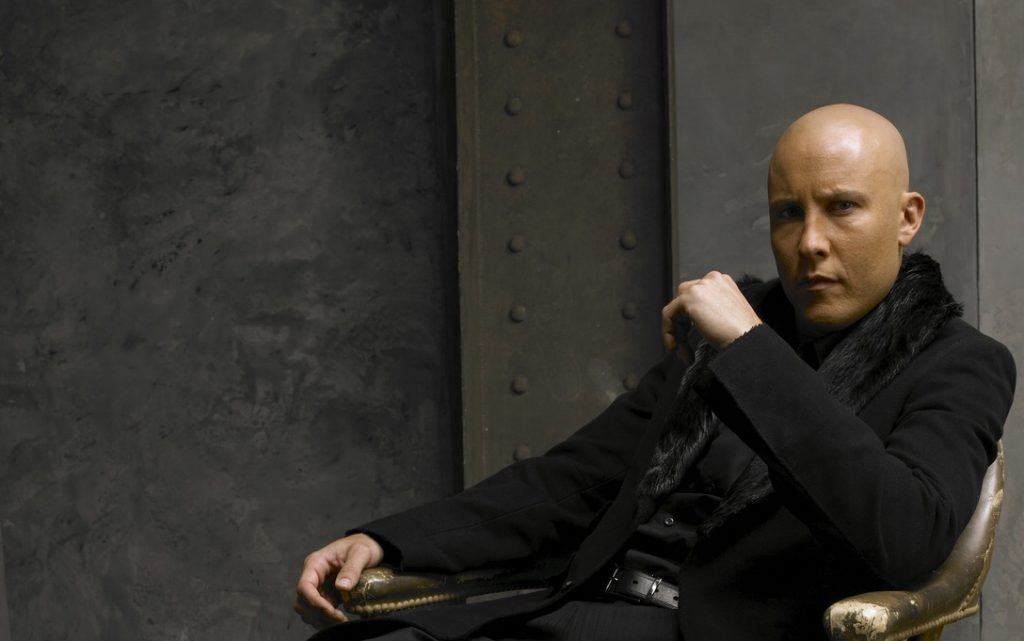
Sydney
June 21-22, 2025
Sydney Showground Olympic Park

Are you asking yourself why you keep rooting for Loki even though he’s a pretty terrible guy? Well then, this is the article for you.
Prince Zuko, Darth Vader, Jamie Lannister, and even Stranger Things’ Steve Harrington. The list goes on – villains and antagonists who, despite their sometimes-horrific actions (okay, maybe not Steve for this one), realise the error of their ways and redeem themselves.
This trope has been around for centuries in many shapes and forms – classical literature fans, think Mr. Darcy – but upon further investigation, there seems to be surprisingly little written about them, other than the fact that they exist. So, what exactly has made them so popular that they have endured for so long? Let’s start by unpacking a few of the examples found in pop culture today.
Perhaps one of the most widely loved and acclaimed stories of redemption is that of Prince Zuko from Nickelodeon’s animated series, Avatar: The Last Airbender. Zuko begins as a spoilt, hot-tempered and childish character, relentlessly chasing after the protagonist, Aang, in an attempt to take him as prisoner.
However, through the course of the series we see what drives him; how his desire to make his despotic father proud, stemming from his troubled childhood, has shaped him to be the person we see in the series. We see the inner conflict that plagues him – how he tries so hard to be his father’s son; tyrannical and cruel, but something deep in his conscience always gets in the way, causing him to see himself as a failure.
But still, Zuko’s path to redemption is a tumultuous, painfully realistic one. We see him fall back into his old ways and allegiances numerous times before (SPOILER ALERT) finally joining Team Avatar. Once the team gets past their differences, not only does Zuko become a hero, but we see that he is happier here than he is at any other point during the series.
But not all character arcs work out so well – Smallville’s Lex Luthor (played by the incredible “Supa-Star” Michael Rosenbaum) struggles with his identity for many seasons before finally transforming into the villain that we know from the comics. Beginning as a fairly likeable and even sometimes-heroic character, it is with an increasing sense of dread that we see a mixture of his troubled childhood, the darker sides of his personality, and a series of bad circumstances cause him to descend into villainy.
And maybe it’s because he starts out as a likeable character – a close friend to Clark, no less – that Lex’s inability to redeem himself becomes even more painful for audiences. It’s easy to see a bit of yourself, or someone that you know in this early Lex, someone who ultimately just wants to make the world a better place. So, to see someone with whom you can draw parallels to struggle against the darkness and fall short can be a confronting experience.
Perhaps through seeing our own problems reflected on villains such as Zuko, who ultimately redeem themselves, we can believe that whatever hole we find ourselves in, we will find a way out. If Lucifer Morningstar can become a better person (sorry, devil) through his love for Chloe, if Jamie Lannister can finally acknowledge how toxic Cersei is and do something about that, then there will always be hope for us. And THAT is the core of what makes redemptive arcs so great! Because they give us hope.






